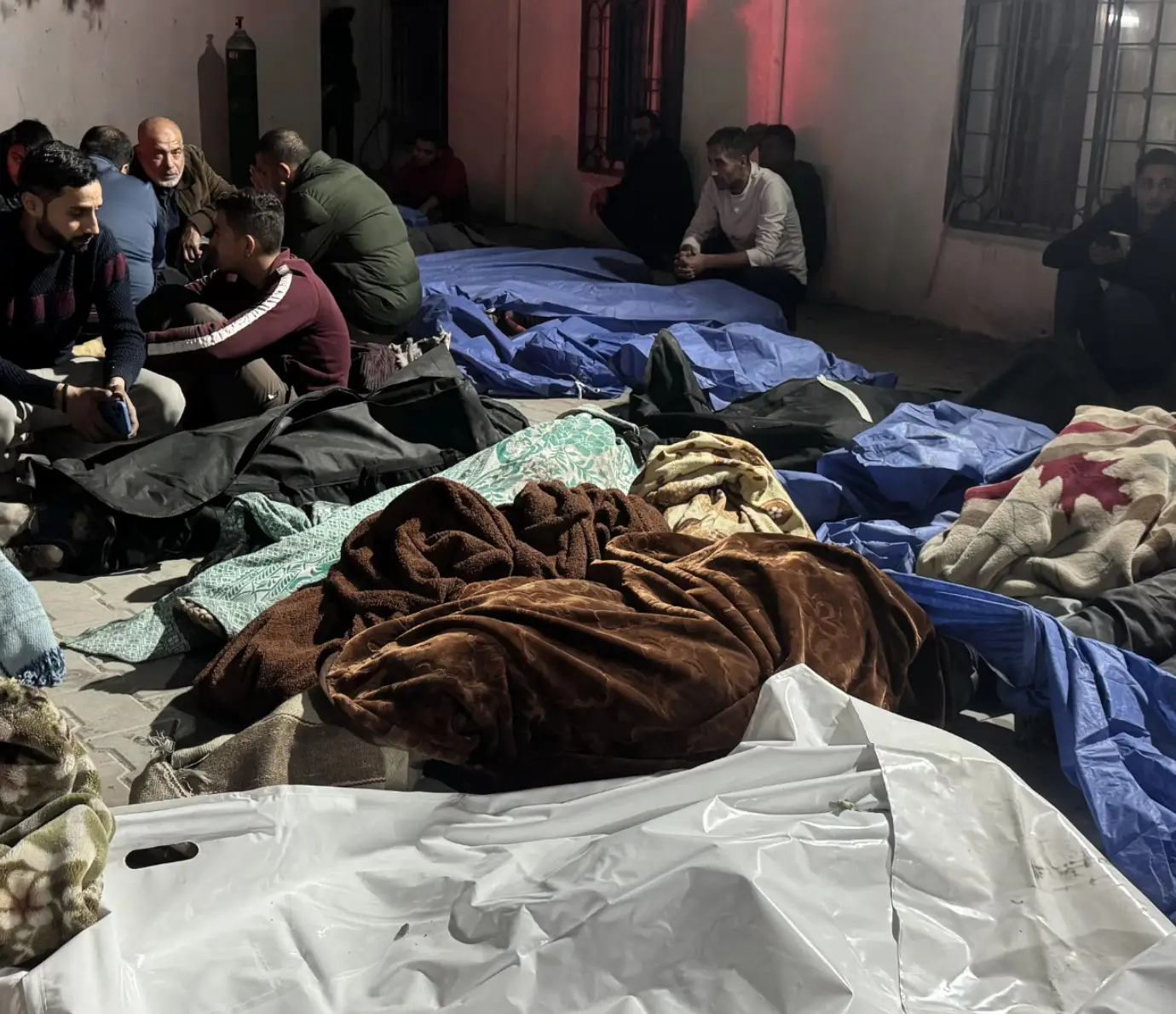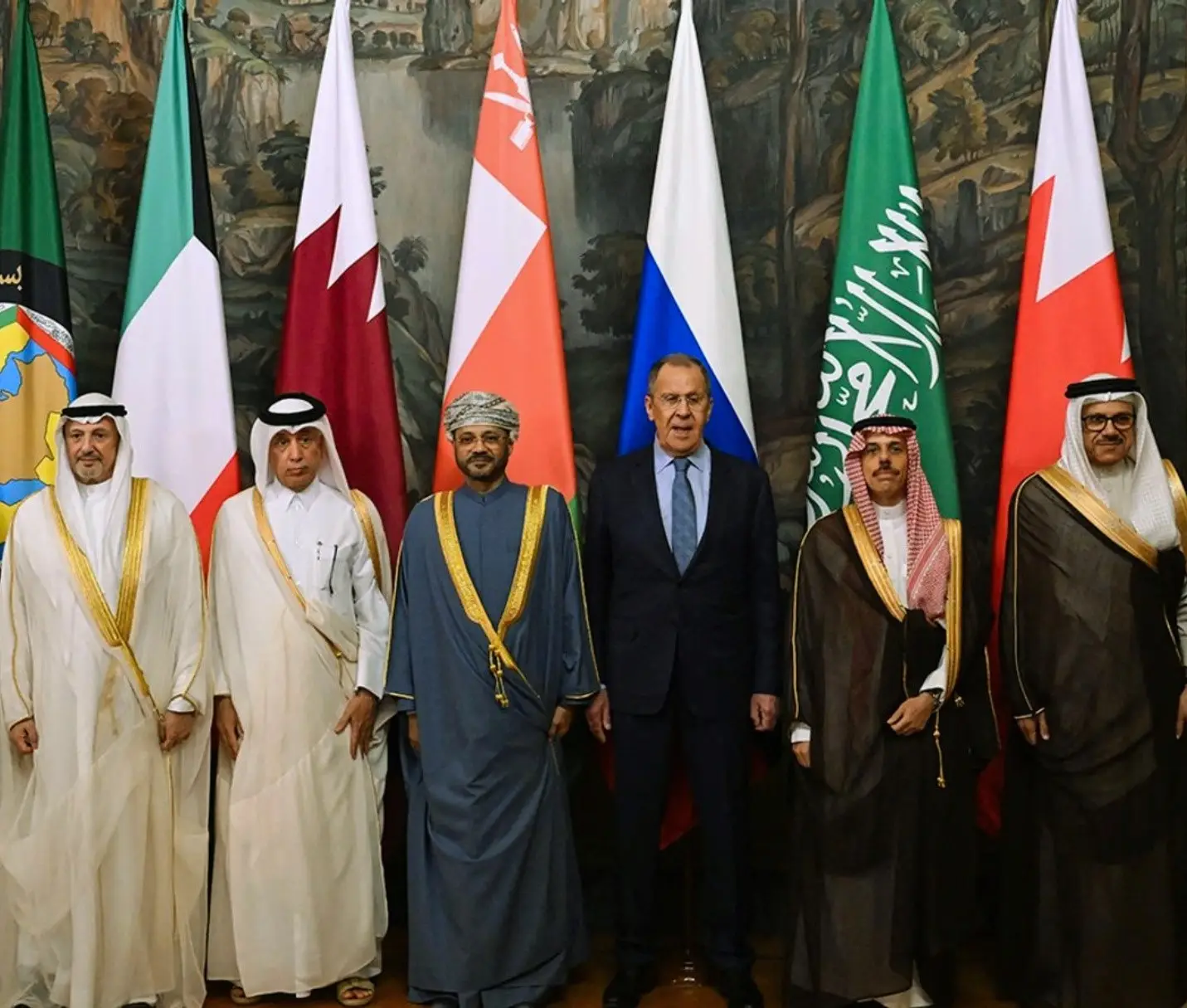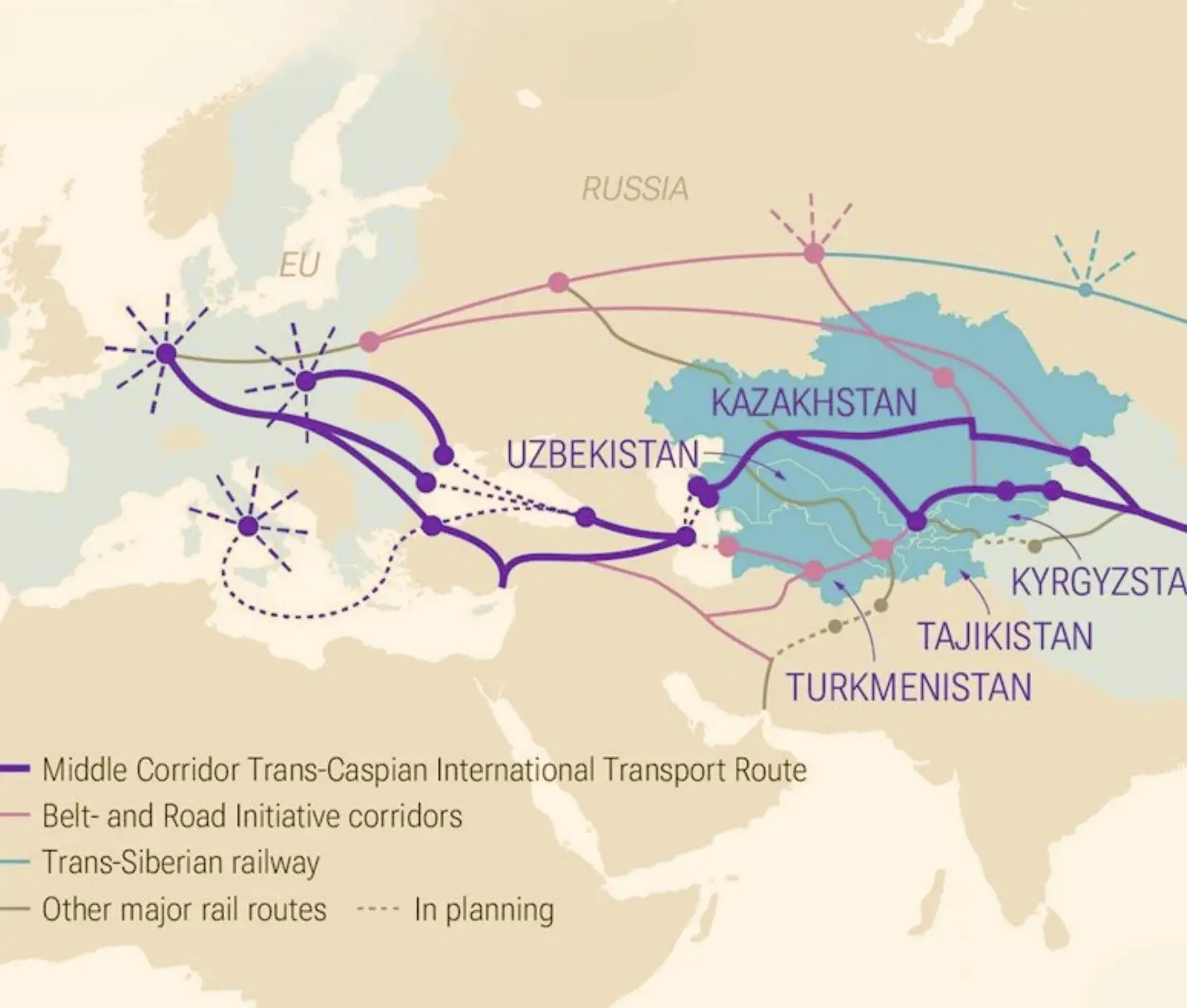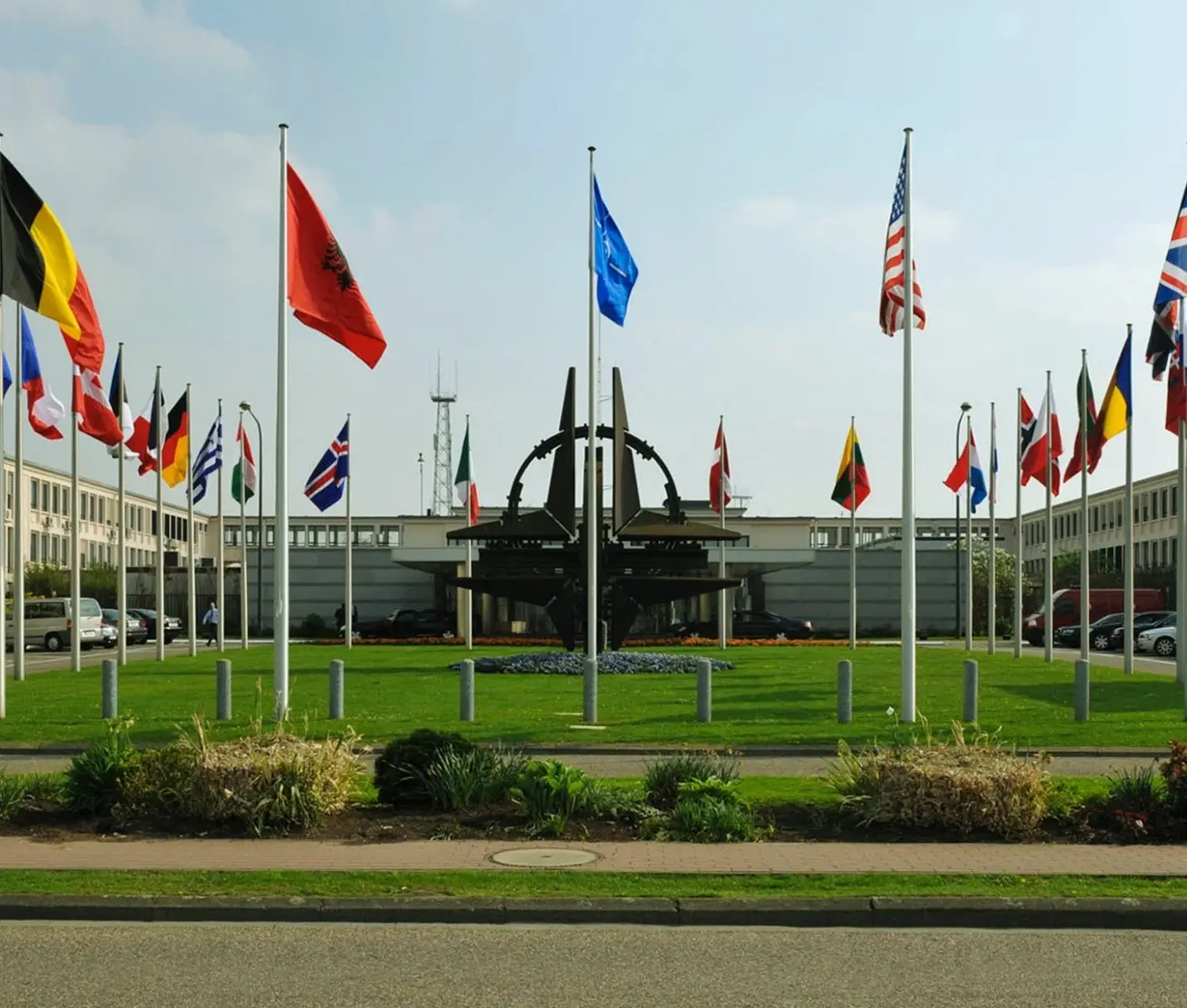Israel has launched extensive airstrikes across the Gaza Strip, resulting in at least 322 Palestinian deaths, following the collapse of truce negotiations with Hamas. Prime Minister Benjamin Netanyahu authorized these strikes due to stalled ceasefire talks and Hamas’s refusal to release Israeli hostages. The offensive marks the most significant escalation since a ceasefire took effect in January, shattering a period of relative calm during the Muslim holy month of Ramadan. The White House, having been consulted prior to the operation, expressed support for Israel’s actions.
The airstrikes targeted various locations, including residential areas, leading to substantial civilian casualties. In Khan Younis, explosions and plumes of smoke were observed, with ambulances transporting wounded individuals to Nasser Hospital, where patients were treated on the floor due to overcrowding. A strike in Rafah reportedly killed 17 members of a single family, including at least 12 women and children.
Hamas accused Netanyahu of violating the ceasefire agreement and endangering the hostages, holding Israel fully responsible for overturning the accord. The renewed violence raises concerns about a full-scale return to conflict in a war that has already resulted in tens of thousands of Palestinian deaths and widespread destruction in Gaza.
The international community is closely monitoring the situation, with fears of further escalation and its humanitarian implications for the civilian population in Gaza.






